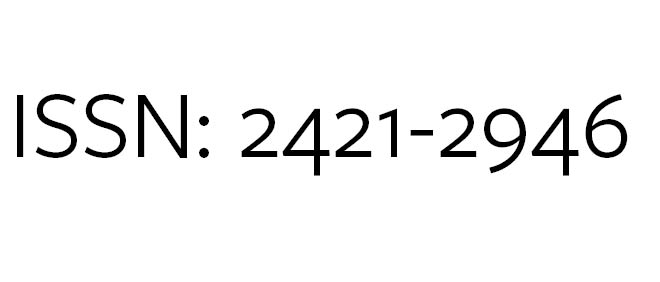Maria Montessori and Child Empowerment: Attaining «Narrative» Evaluation
Grazia Romanazzi
The pedagogical debate on the evaluation of learning ranges from numerical to «narrative» criteria. Montessori considers external praise and sanctions to be «superfluous»: the promoting agent of learning is self-motivation. In the current meaning of «educational» assessment, there is still a need to quantify learning levels in order to make them comprehensible. Often, students approach assessment with a value judgement. Pedagogy must constantly turn to the improvement of personal well-being. Such is the intent of the Montessori educational proposal to «train» children early on to follow their own inclinations by offering them various opportunities for «advanced level» cognitive exercise. Evaluation becomes taking charge of the building of young personalities; an act of adult responsibility and educational care; it evolves from an expression of judgement to a descriptive narration of the intrinsic value and of the achievements and strengths of each individual, so that everyone feels motivated to perfect their areas of improvement.
Keywords
Montessori, Early education, Qualitative evaluation, Formative evaluation, Narrative evaluation.



